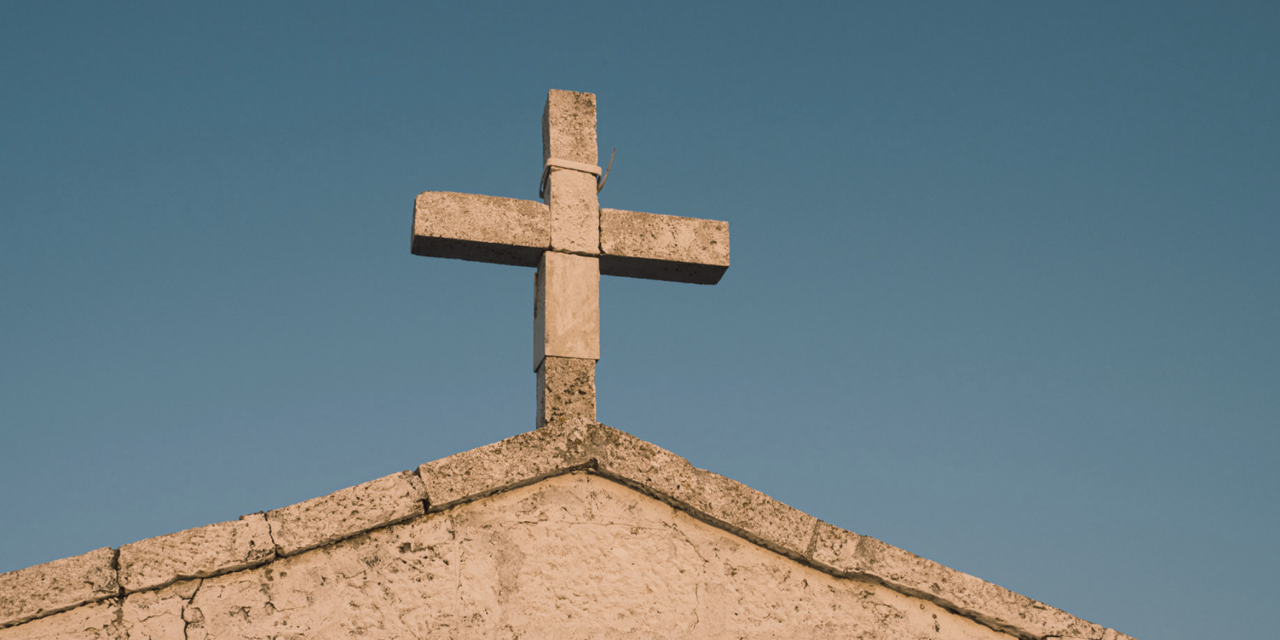The Gallup polling organization is reporting that American’s belief in God has reached an all time low, down from 98% when they first started asking this question in 1944 to 81% today. This is a drop from 92% of Americans who reported believing in God in 2011. Seventeen percent of Americans report being certain God does not exist.
Of course, some faithful readers of The Daily Citizen hear such numbers and think this could think this is more evidence of the supposed decline of Christianity and general godliness in our culture. That assumption is understandable, but mistaken.
You have to read beyond the news headlines and dig a little deeper into Gallup’s actual report, something too many journalists rarely do today.
Early in their report, Gallup clearly states that “conservatives and married adults have had generally no change” in their belief of God. They still believe in God at about the same rate they have over the last few decades.
Gallup adds, “Belief in God is highest among political conservatives” at 94%. So no, more traditional views of God are not declining. But the analysts at Gallup explain “religiosity is a major determinant of political division in the U.S.”
So where exactly is belief in God declining?
Gallup discovered that belief in God has fallen “the most in recent years among young adults and people on the left of the political spectrum (liberals and Democrats).” These groups show drops of 10 or more percentage points today compared to 2013-2017. Specifically, 62% of liberals, 68% of young adults and 72% Democrats believe in God in contrast to the 94% of political conservatives that do. Eighty-eight percent of “people of color” believe in God, down from 92% since 2017. Gallup found belief in God has declined equally among college and non-college educated citizens.
But here is the most important part to consider.
What God is it that certain people no longer believe in? Of course, Gallup did not ask about belief in the God of Abraham, Isaac and Jacob, as God describes Himself.
Therefore, we must ask if decline in belief in various false conceptions of god or “a universal spirit”, as Gallup included in their response question, is really something to get too worried about. It is not. We should not hold any sentimental hope or warmth about belief in false conceptions of God. Scripture clearly says as much.
Consider Paul at the Areopagus or Mars Hill in Acts 17. He went there specifically to persuade some very enthusiastic god-believers that their god-belief was misplaced. He proclaimed,
Men of Athens, I perceive that in every way you are very religious. For as I passed along and observed the objects of your worship, I found also an altar with this inscription: “To the unknown god.”
These Athenian pagans were huge believers in god. World-class. So much so that they raised objects of worship to every god they could conceive of. And Paul says they even erected an altar to “the unknown god” just to ensure they didn’t leave one out. But Paul took no comfort in this extravagant and public belief in god. Not in the least. It actually spurred him in his work.
Paul boldly and lovingly proclaimed to the citizens of Athens,
What therefore you worship as unknown, this I proclaim to you. The God who made the world and everything in it, being Lord of heaven and earth, does not live in temples made by man, nor is He served by human hands, as though He needed anything, since He himself gives to all mankind life and breath and everything.
Paul ended by telling the world that all should seek the true God, “for he is actually not far from each of us.”
So yes, when we hear news that belief in God is declining, we must ask, “What god exactly is it that people are no longer believing in?” And could that declining belief in any false conception of god actually make room for consideration of the true God?
Of course it can with the power of God’s Holy Spirit who Jesus said leads us into truth. That is exactly what Paul demonstrated at Mars Hill and that same Spirit is moving mightily today.
Fear not, God is still working despite what naysayers in the news tell us.






